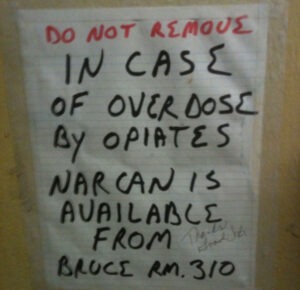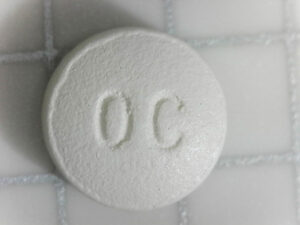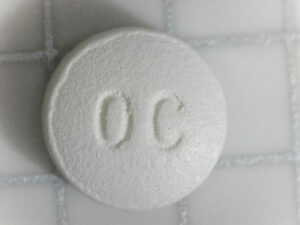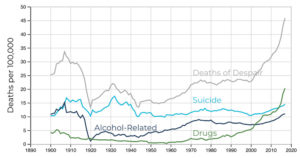April 8, 2016; Associated Press, “The Big Story” and Staten Island Advance
Nearly twenty-two-million Americans 12 years and older have a substance use disorder, with 1.9 million of those individuals dependent on prescription pain relievers and more than 585,000 addicted to heroin, according to the American Society of Addiction Medicine. The prevalence of opioid addiction, particularly to heroin, has risen dramatically in the United States since the 1990s. In a 14-year span from 1999 to 2013, the rate of death as a result of heroin overdoses steadily increased by six percent each year, and took an even bigger leap to 37 percent per year from 2010 to 2013. The modern War on Drugs is facing a tremendously steep uphill battle, one that even the recent influx of sober living facilities are finding hard to climb.
The concept of sober homes and rehabilitative group living has been around for at least four decades. The homes do not always require government regulation because they are not considered formalized treatment centers. Despite this, in recent years, sober homes have become the preferred option for many individuals pursuing recovery who may not have the resources to enter a formal treatment facility. While no data on the number of sober homes in the U.S. is available, experts assure that their growth is evident and parallel with the growth of the addictions they aim to combat. But due to the absence of licensed doctors and therapists coupled with claims of insurance fraud, sober homes are not without their critics.
Often run by former drug users, the residences house addicts who vary in their stages of recovery, with some enrolled in outside structured treatment programs and others participating only in a 12-step program required by the homes. The homes are starkly different from traditional inpatient rehab centers. Some recovery homes, like Oxford House, are classified as 501(c)(3) organizations while others operate with little to no oversight, raising concern among experts in the field, neighboring residents, and policymakers in certain states who advocate for legislation that would impose stricter regulations on the homes.
Sign up for our free newsletters
Subscribe to NPQ's newsletters to have our top stories delivered directly to your inbox.
By signing up, you agree to our privacy policy and terms of use, and to receive messages from NPQ and our partners.
Sober homes—which are at times scrutinized for not being truly “sober”—are well intentioned in theory, but some say this rapidly growing field has an unfortunate tendency to put profit before its consumers’ recovery. For example, a 2013 Marketplace article exposed the wretched conditions and disproportionate cost of rent in one California sober home. Housing up to twenty individuals in a single-family residence with just one bathroom, the sober home charged addicts $500 a month, yielding as much as a $10,000 monthly income stream for the home’s owner. The high demand for such living situations and the hefty payouts that result leave owners with little incentive to follow government regulations or reinvest in tenants’ recovery.
Not all former drug users seeking to help those who still battle addiction offer sober homes as a safe haven. Two brothers, one of whom recently put an end to his own addiction to heroin, plan to start Carl’s House this May, a nonprofit that connects addicts and their families to established and reputable treatment centers at no cost. The New York-based organization works as a referral center, staffing recovering addicts to serve as liaisons for those just starting on their road to recovery. Carl’s House will offer a range of services, including awareness and prevention workshops and facilitation for recovering addicts interested in enrolling in school or securing a job.
Sober living homes can be an excellent resource for those struggling with the disease of addiction, as placing an addict in a different environment that does not condone the use of drugs or alcohol is a key step in the recovery process. But does the lack of oversight of these homes diminish their legitimacy? Just because some sober homes have been found to be perhaps misguided in their approach to service—something many nonprofit organizations have also been found guilty of—do all sober living residences deserve a stigma that interferes with the cause for which they advocate? Although the question remains whether sober homes are credible options for the populations they aim to serve, Pam Rodriguez, CEO of Illinois-based Treatment Alternatives for Safe Communities reminds us that we shouldn’t let one bad apple spoil the whole barrel: “The ones that are good are fantastic.”—Lindsay Walker













